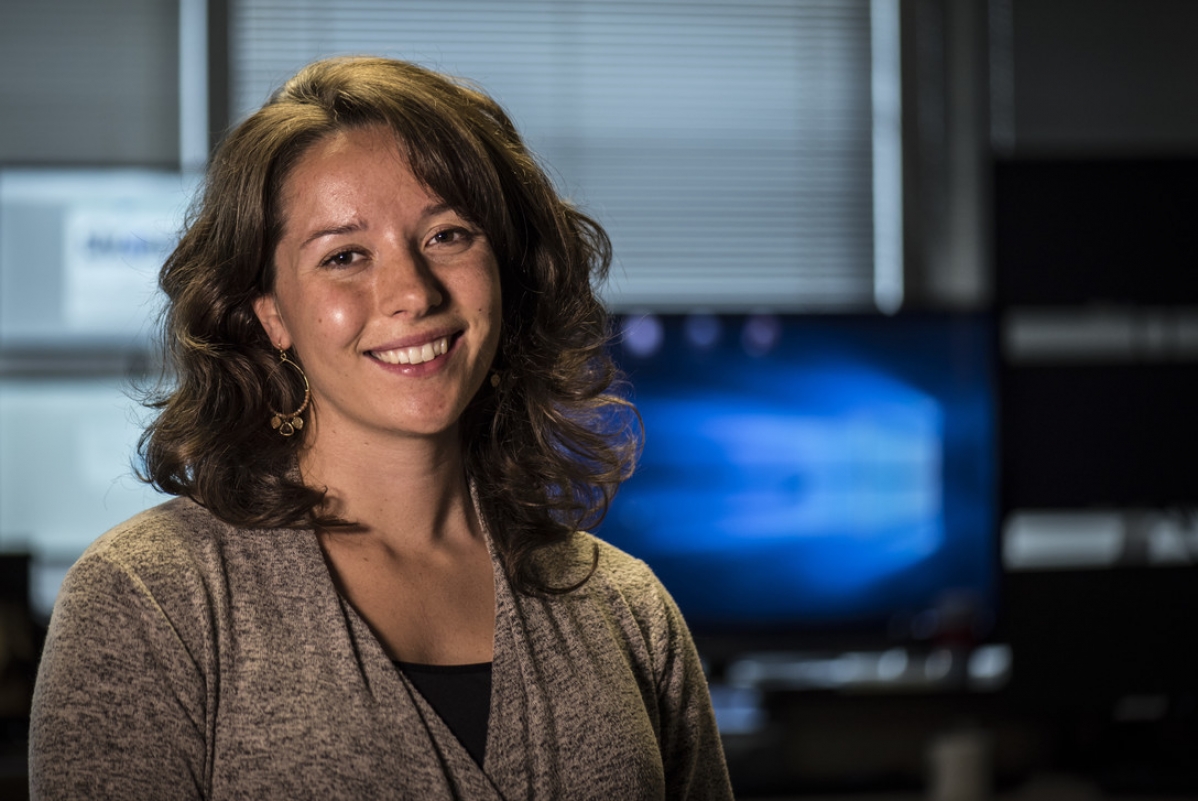Do you think that you can wait until you are older to try for a baby because if it turns out that you can't get pregnant naturally you can have IVF anyway? This way of thinking is increasingly common, but also, according to a new study, incorrect. About 20 percent of all women now initially wait until 35 or later to try and conceive, but they're not always successful, even with IVF.

The motivation for not having a baby during a woman's most fertile years (her early 20s) is quite obvious. Those are the years during which most people start getting to know themselves and build their lives and careers. Climbing up the career ladder takes a while, and you want stability before trying for a baby. Finances and meeting a partner later in life play important roles in waiting to have a baby. And actually, there are apparently more female workers than male workers in the US today the recession has changes things a bit!
Evolution hasn't caught up with these things, though :) and although there is a wide range of fertility treatments available, the overall chances of getting pregnant after 35 still aren't the same with IVF as they are for natural pregnancies earlier on in life. The researchers from the Yale Fertility Center report that there has been a 41 percent increase in women over 40 having IVF or other assisted reproduction techniques between 2003 and 2009. Yet, the study team says, "the number of IVF cycles resulting in pregnancy in women above age 42 mostly remained static at nine percent in 2009."
The message is clear. Invitro fertilization doesn't quite represent the miracle cure to infertility and even aging that many women today are hoping it is. Don't rely on fertility treatments to help you expand a family while you are younger, and think about that biological clock as well as your career.















Your thoughts on this
Loading...